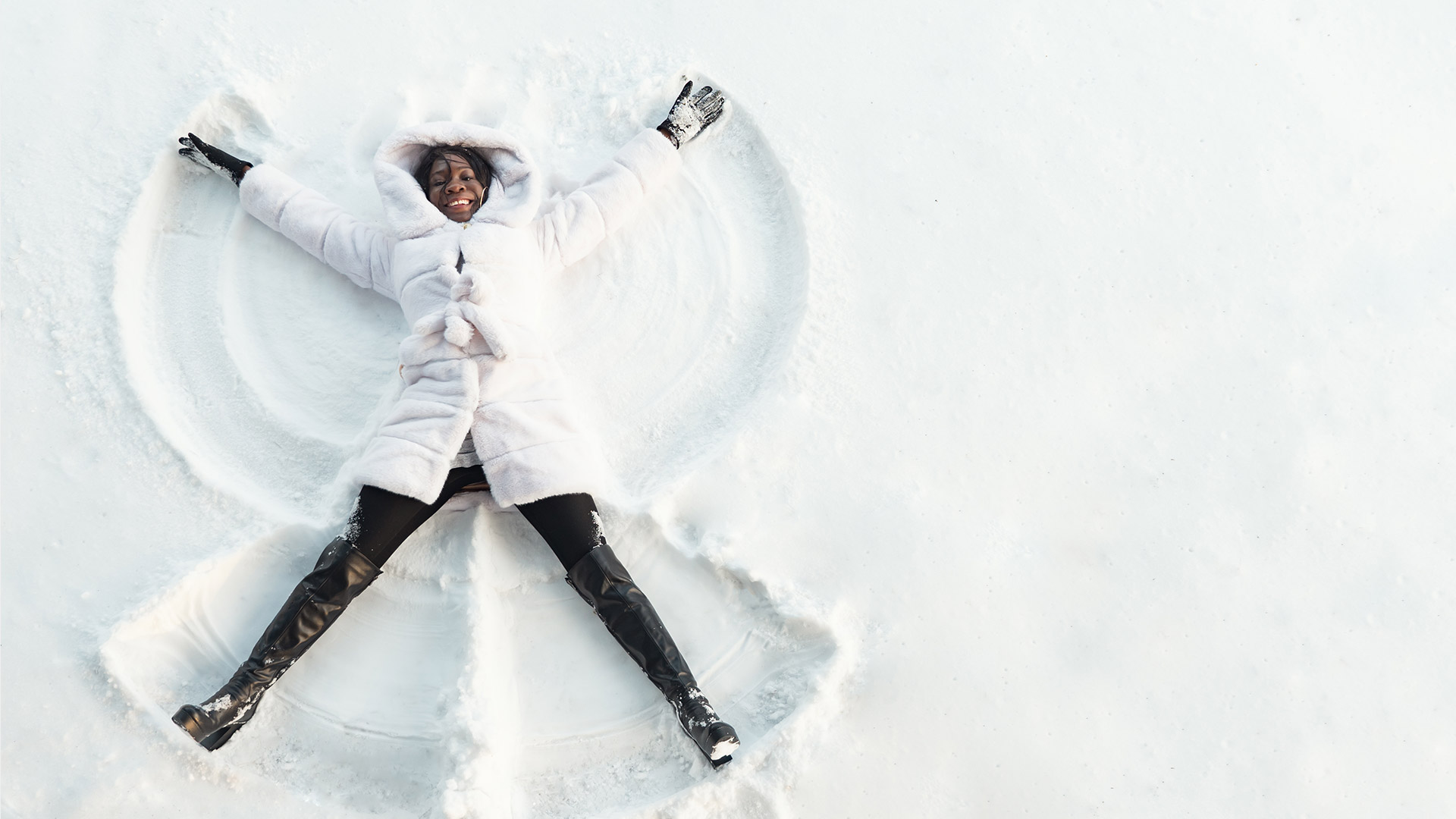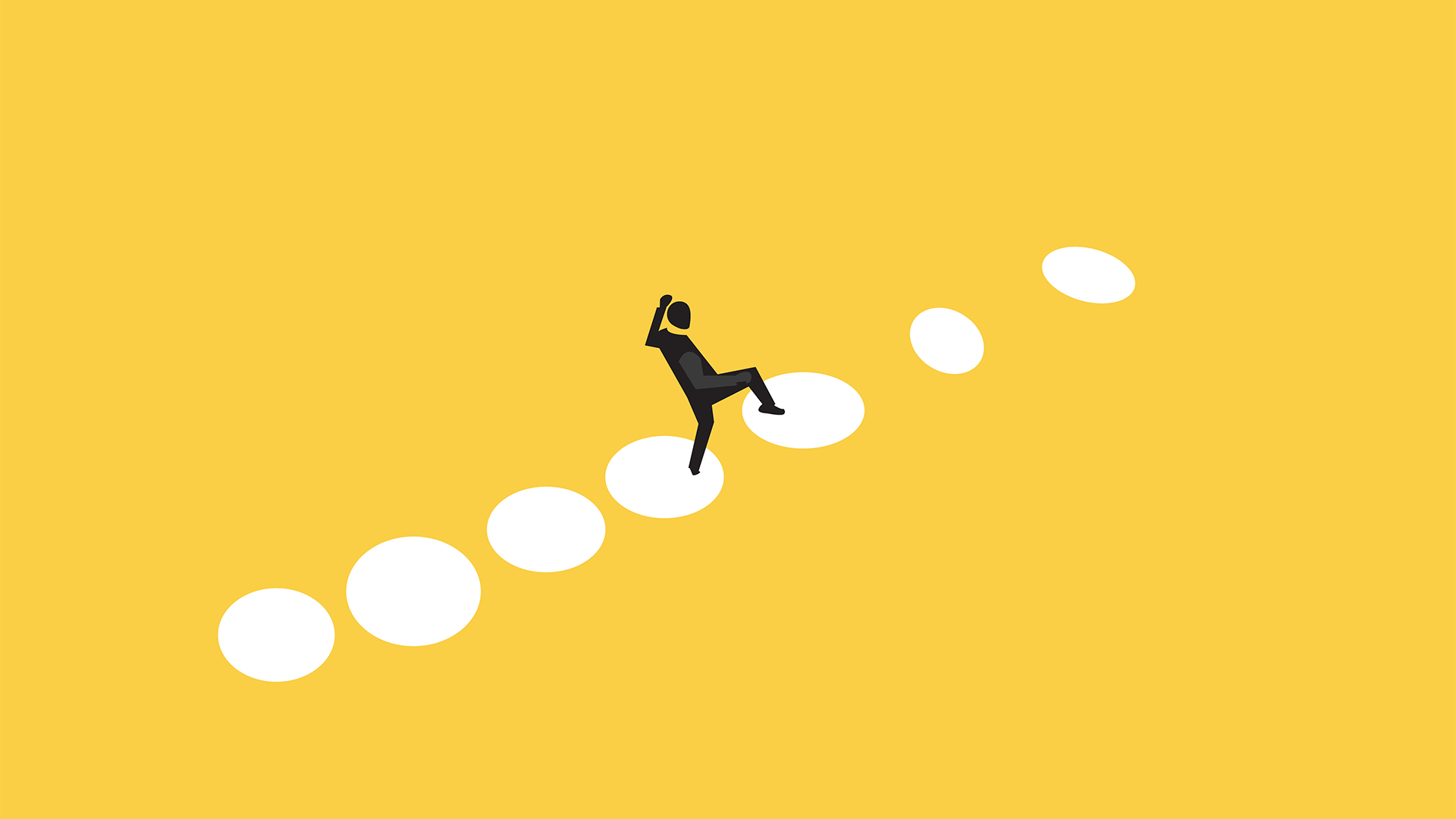Meeting Patients Where They Are
After a long day I was approached by an elderly gentleman who said, “estas haciendo el trabjo de los ángeles” which roughly translated means, “you are doing the work of angels.” He then shook my hand and thanked me.
Barbara Chapman, DNP, MSN, APRN, FNP-C, EBP-C, PMHNP
Imagine a large mobile van driving through the winding back roads of Texas, the goal, to bring healthcare to underserved or rural locations by helping people with limited or access to services. It’s 4:30 am, dark, raining, and I have a 2 ½ hour drive ahead of me, to get to the day’s location. Currently, one of the leading social determinants of health effecting all demographics across America, is access to healthcare. This includes those who live in rural, urban, and suburban areas. I am both a Family and Psychiatric Mental Healthcare Nurse Practitioner (FNP-C/PMHNP-BC), and meeting patients where there are, is what I do.
I have worked on mobile clinics, pop-up clinics and at community health fairs and clinics. I see patients who live at the 200% or below poverty level. They have very few healthcare options available to them with little money, government identification, or a job that provides for insurance. When I arrive at today’s mobile healthcare site, I see people standing in the rain waiting, some with umbrellas and some without. Our mobile team is rushing to get everyone inside the building next-door. We are going to be busy. We operate on a 44-foot mobile unit with two exam rooms, a small lab, patient intake area and thank goodness, a bathroom. This unit is equipped with medical supplies that provide complete physical examinations, women’s health exams, diabetic testing, and access to behavioral health specialists via onboard telehealth equipment.
We have point of care blood analyzers with specific lab testing available, a technology that allows us to deliver and evaluate blood work in real time, getting results in 12 minutes. Onboard testing often allows us the ability to evaluate patients on the spot, without having to send them to another location, which may not be an option for them.
On this unit, we have developed a 16-minute set up and tear-down time for all the equipment and supplies we will use for the day, everybody has a job. With our computers connected and internet secured, we are ready to go. Patients are registered into the system, and we begin; one by one we talk to, treat, and help those who have been patiently waiting. Today I will see patients ranging from 3 years old to 78 years old, with illnesses ranging from ear infections to diabetes and hypertension. It is day filled with patients, but we will stay and see them all.
I have been a nurse for over 37 years, and one thing I have learned is that nurses have the burden of knowledge; we know our patients, we know what they need, and we also know what can happen if we ignore reality, and we cannot afford to ignore the realities.
On this day, after closing and securing the unit, I was approached by an elderly gentleman who said, “estas haciendo el trabjo de los ángeles” which roughly translated means, “you are doing to work of angels” then he shook my hand and thanked me. This is why units like this are critical for healthcare access, this is what it is all about.
Nurses are natural innovators. When we see a problem, or a better way to get the job done, we do it, it’s in our blood! We are creative, time driven, and patient centric. Many of us chose nursing as a profession because we wanted to make a difference, so we look for ways to make that happen. But it’s more than that, it’s about taking that good idea and turning it into a process that can be implemented and replicated to improve patient care outcomes. It is this type of innovation and creative thinking that drives our profession forward.
2 ½ hours later I am home again, and it is still raining and dark. This job is not for the faint of heart or those looking for a 9-5 job, but providing access to primary care and mental healthcare to rural or underserved communities is my passion as a nurse practitioner. There are no words to describe how grateful I am to be able to get up at 0430 am on a dark rainy morning and do what I love.










